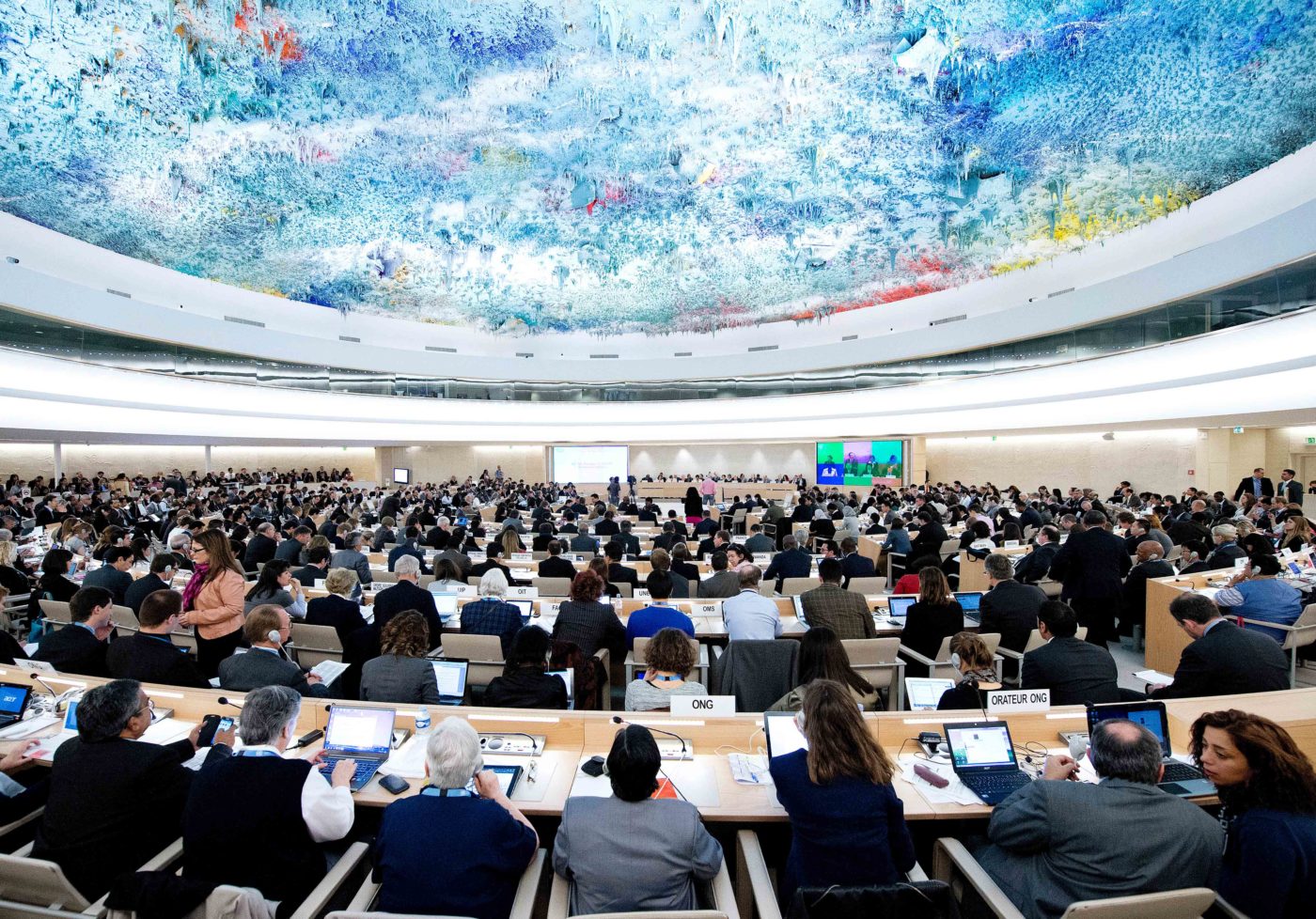On 5 October, in response to a call for input from the UN Special Rapporteur on the right to adequate housing and the UN Special Rapporteur on extreme poverty, the International Commission of Jurists (ICJ) filed a submission on the decriminalization of homelessness and extreme poverty.
The ICJ’s submission is based, in part, on “The 8 March Principles”, a new set of legal principles elaborated by jurists for a human rights-based approach to criminal laws, including criminal offences proscribing conduct associated with sex, reproduction, drug use, HIV, homelessness and poverty, which the organization published earlier this year.
In this regard, the ICJ submission focuses, in particular, on Principle 21 on the criminalization of “life-sustaining activities in public places and conduct associated with homelessness and poverty”. In addition, the submission draws on the ICJ’s analysis of legal frameworks, including criminal laws, and practices that are at odds with general principles of criminal law, and that continue to violate the human rights of marginalized and disadvantaged persons, including in India, Malawi, Nepal, Pakistan, Sri Lanka, South Africa, Uganda and Zimbabwe.
The submission outlines various examples of laws criminalizing poverty or homelessness either explicitly or as result of their enforcement. Among those, the ICJ has recommended the repeal of:
- Laws criminalizing begging, public nuisance, soliciting and “living on the earnings of prostitution” in India.
- Laws criminalizing begging, vagrancy and public nuisance generally and laws criminalizing similar conduct by transgender persons, in particular, in Pakistan.
- Laws criminalizing vagrancy, “living on the earnings of prostitution” and soliciting in public in Sri Lanka.
- Laws criminalizing poverty by extensively prohibiting broad swathes of conduct described as public nuisance and laws criminalizing homelessness by prohibiting a wide range of conduct associated with unlawful occupations of land in South Africa.
- Laws criminalizing vagrancy and informal traders’ efforts to making a living in Uganda.
In its submission, the ICJ has also expressed concern about laws implemented in a manner that criminalizes informal traders’ efforts to make a living in Malawi and Nepal.
The ICJ’s submission recalls how international human rights law and standards require States to address the root causes of homelessness and poverty and to provide support to those experiencing them. States’ failure to do so often amounts to violations of their international human rights law obligations to realize a range of human rights, including the rights to adequate housing, work and social security, for example, under the International Covenant on Economic Social and Cultural Rights.
Under international human rights law, States are legally obliged to address the plight of those experiencing homelessness and those living in poverty. Very often, however, States not only fail to comply with these obligations but, making matters worse, subject people experiencing homelessness and poverty to harsh criminal law sanctions solely for conduct that is critical to their survival. In this context, the ICJ is particularly concerned that in many national jurisdictions people commonly continue to be imprisoned if they are unable to pay fines for minor “criminal infractions”.
Overall, decriminalizing homelessness and extreme poverty is not only consistent with general principles of criminal law and States’ legal obligations under international human right law, but it also a necessary step to begin addressing the root causes of the violations of economic and social rights of particularly marginalized persons. The ICJ submission underscores that, instead of enacting and enforcing criminal laws with a disproportionate impact on such persons, under international human rights law, States are required to provide all people with the opportunity to rebuild their lives and fully integrate into society while respecting their dignity and human rights.
Download:
[Submission] ICJ’s submission to the UN Special Rapporteurs
Background
The ICJ is a member of the Campaign to Decriminalize Poverty and Status, which is a coalition of organizations from across the world advocating for the repeal of laws that target people based on poverty, status or for their activism and campaigning against the overuse and abuse of criminal law across the world in keeping with international law and standards.
The 8 March Principles for a Human Rights-Based Approach to Criminal Law Proscribing Conduct Associated with Sex, Reproduction, Drug Use, HIV, Homelessness and Poverty, recently published by the ICJ, offer a clear, accessible, and operational legal framework and practical legal guidance for a variety of stakeholders, including judges and legislators, on the application of criminal law to conduct associated with consensual sexual activities, such as consensual same-sex sexual relations and sex work (Principles 16 and 17); the criminalization of sexual orientation, gender identity and gender expression (Principle 18); drug use (Principle 20); as well as homelessness and poverty (Principle 21). Principle 21, in particular, states that “no one may be held criminally liable for engaging in life-sustaining economic activities in public places[…] or on the basis of their employment or means of subsistence or their economic or social status…”
Additional resources:
- International Commission of Jurists, Living with Dignity: Sexual Orientation and Gender Identity-Based Human Rights Violations in Housing, Work, and Public Spaces in India, June 2019, accessed at: https://www.icj.org/wp-content/uploads/2019/06/India-Living-with-dignity-Publications-Reports-thematic-report-2019-ENG.pdf
- International Commission of Jurists, “Unnatural Offences”: Obstacles to Justice in India Based on Sexual Orientation and Gender Identity, February 2017, accessed at: https://www.icj.org/wp-content/uploads/2017/02/India-SOGI-report-Publications-Reports-Thematic-report-2017-ENG.pdf
- International Commission of Jurists, Sri Lanka’s Vagrants Ordinance No. 4 Of 1841: A Colonial Relic Long Overdue for Repeal, 2021, available at https://www.icj.org/wp-content/uploads/2022/01/Sri-Lanka-Briefing-Paper-A-Colonial-Relic-Long-Overdue-for-Repeal-2021-ENG.pdf
- International Commission of Jurists “The 8 March Principles for a Human Rights-Based Approach to Criminal Law Proscribing Conduct Associated with Sex, Reproduction, Drug Use, HIV, Homelessness and Poverty” (8 March 2023), available: https://icj2.wpenginepowered.com/wp-content/uploads/2023/03/8-March-Principles-Report_final_print-version.pdf
- International Commission of Jurists, Pakistan: Transgender Persons (Protection of Rights) Act, 2018 : A briefing paper (March 2020), available : https://icj2.wpenginepowered.com/wp-content/uploads/2020/03/Pakistan-Transgender-Advocacy-Analysis-brief-2020-ENG.pdf
- International Commission of Jurists, Sri Lanka’s Vagrants Ordinance No. 4 of 1841: A Colonial Relic Long Overdue for Repeal : A briefing paper (December 2021), available: https://www.icj.org/wp-content/uploads/2022/01/Sri-Lanka-Briefing-Paper-A-Colonial-Relic-Long-Overdue-for-Repeal-2021-ENG.pdf

